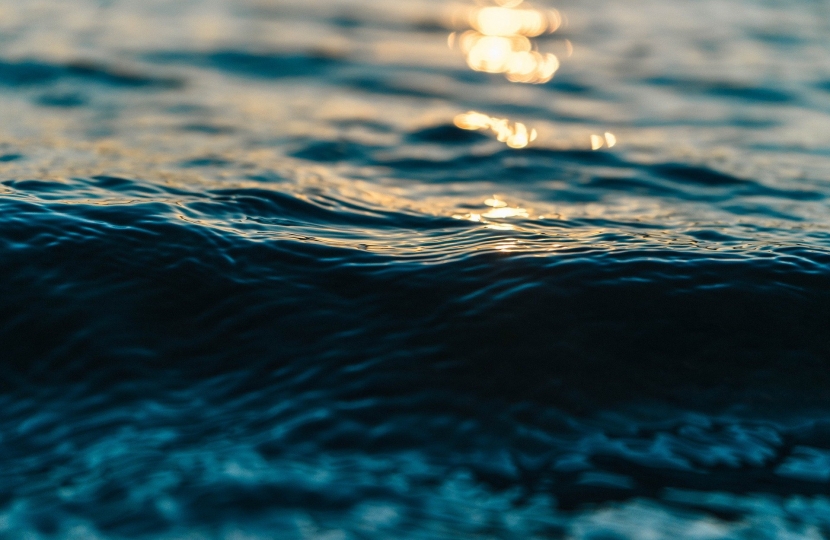
Our oceans are currently facing unprecedented challenges. These include climate change and over-fishing. It also includes the prevalence of plastics. That is why it is more important than ever to take action to ensure our seas are healthy, abundant and resilient. I am encouraged that the UK is on course to protect over half of its waters and I join Greenpeace in calling for the UK and other countries to work together towards a new global commitment for a UN high seas treaty. This would pave the way to protect at least 30% of the world's ocean by 2030.
41 new Marine Conservation Zones have recently been created. The UK now has 355 Marine Protected Areas of different types, spanning 220,000 square km. No new activities deemed damaging will be allowed to take place in these areas and existing harmful activities will be minimised or stopped to allow important habitats to recover. A review has now been launched into whether and how Highly Protected Marine Areas, the strongest form of marine protection, could be introduced in English seas.
I am also pleased that the UK is on track to protect 4 million square kilometres of ocean across our Overseas Territories by 2020, and is backing an Ascension Island bid to protect 100 per cent of its offshore waters.
I understand concerns about the impact plastics, particularly micro-plastics, can have on the marine environment and fish. A ban on the use of microbeads in rinse-off cosmetics and personal care products is now in force, regardless of whether they are used as exfoliants, cleansers or otherwise. Equally, a ban on the supply of plastic straws, drinks stirrers and cotton buds will come into force in April 2020. The ban will include exemptions to ensure that those with medical needs or a disability are able to continue to access plastic straws. A further consultation on a plan for a deposit return scheme for drinks containers has also recently closed. These measures should lessen the potential for material to become microplastic in the long term.
In 2018, £200,000 was pledged for scientists at the University of Plymouth to explore how particles from tyres, synthetic materials such as polyester, and fishing gear enter our waterways and oceans. The UK has also committed £61.4 million to boost global research and help countries across the Commonwealth stop plastic waste from entering the oceans.
Finally, the forthcoming International Ocean Strategy will set out plans to work with international partners to secure a sustainable, prosperous and secure ocean future.

